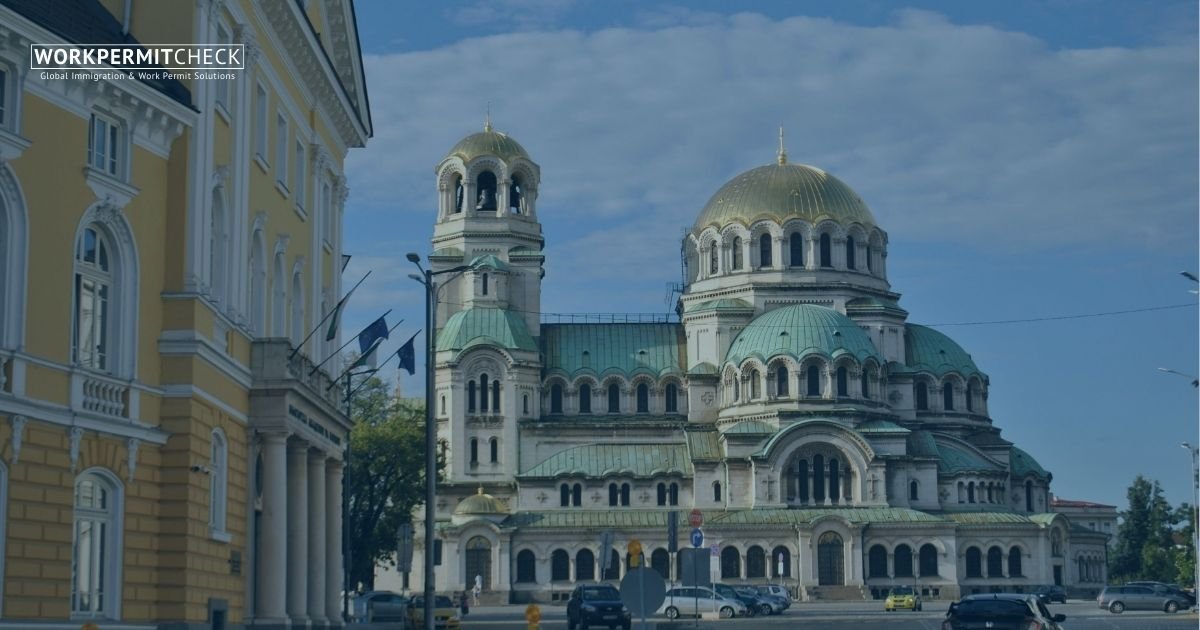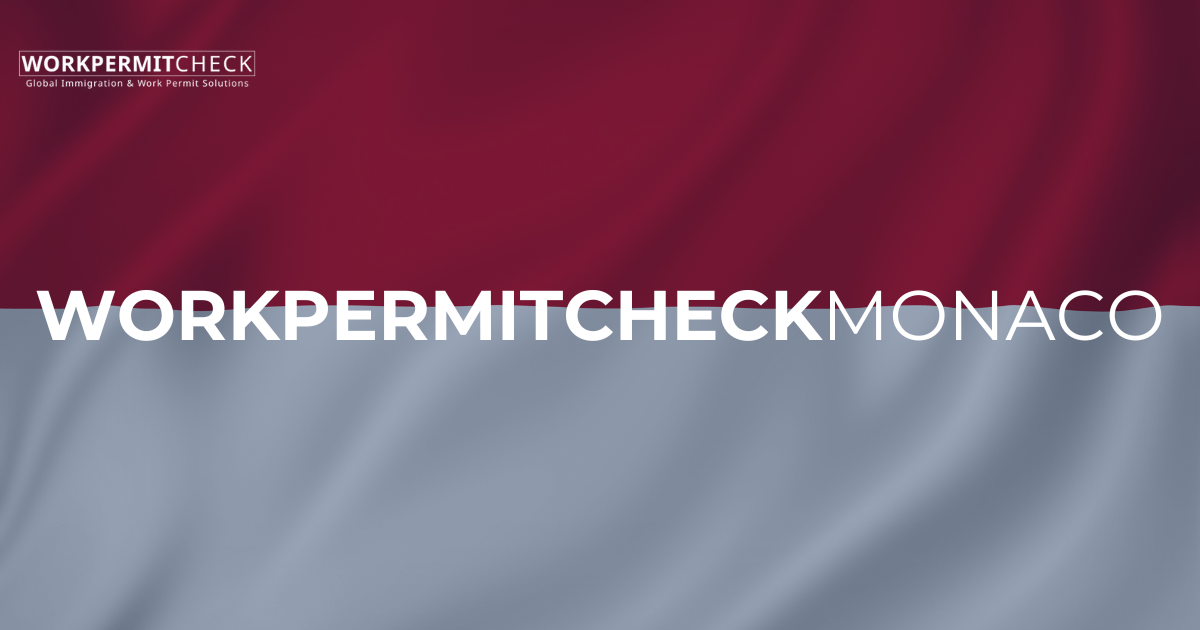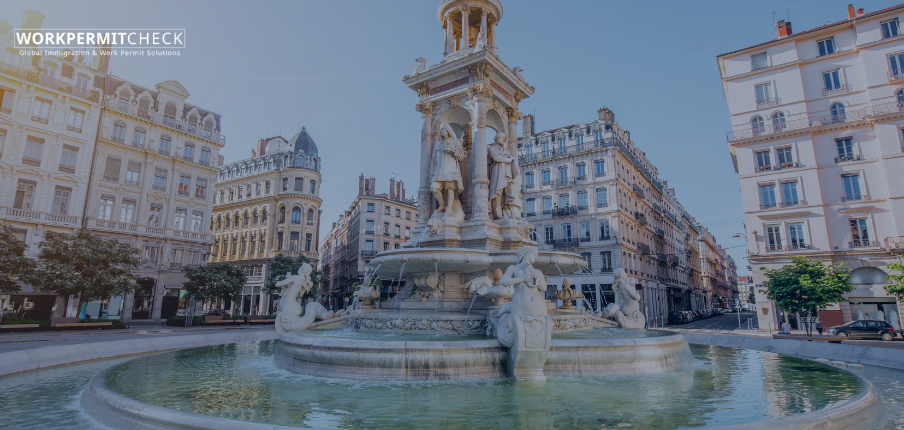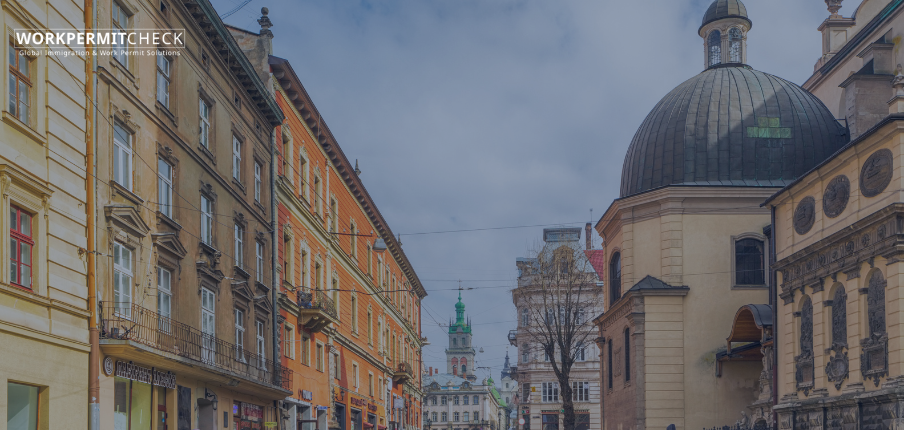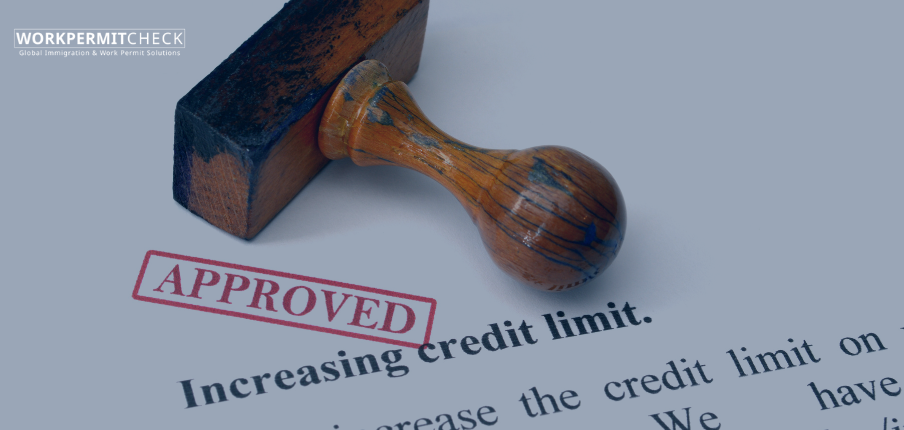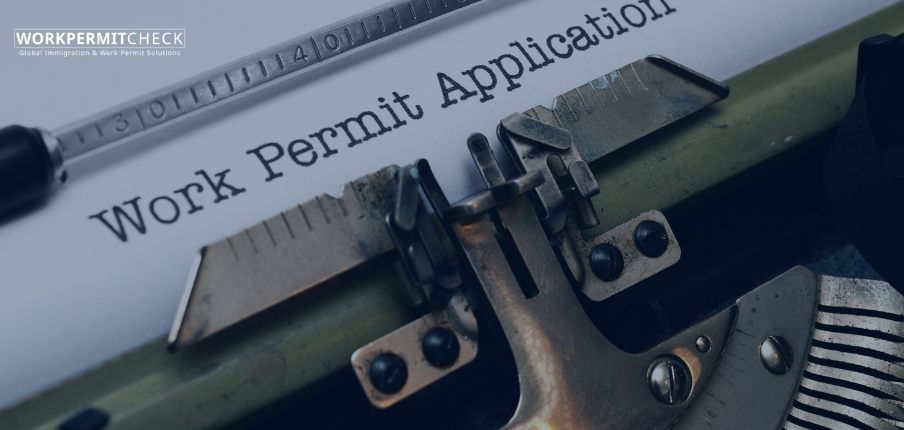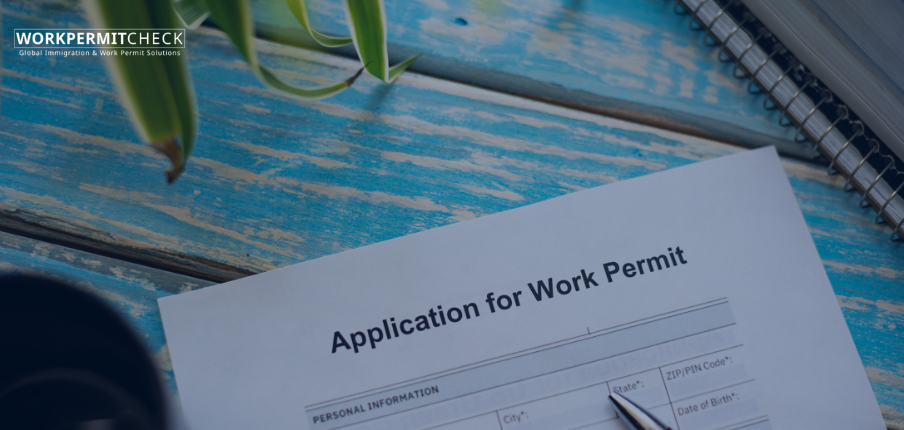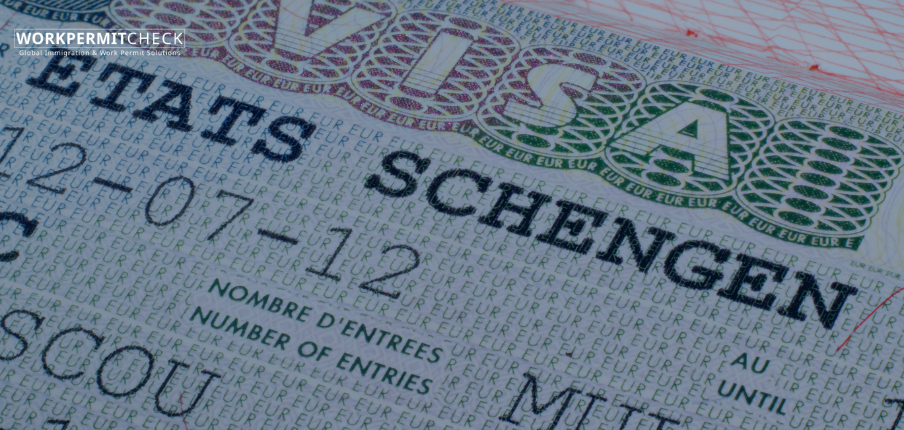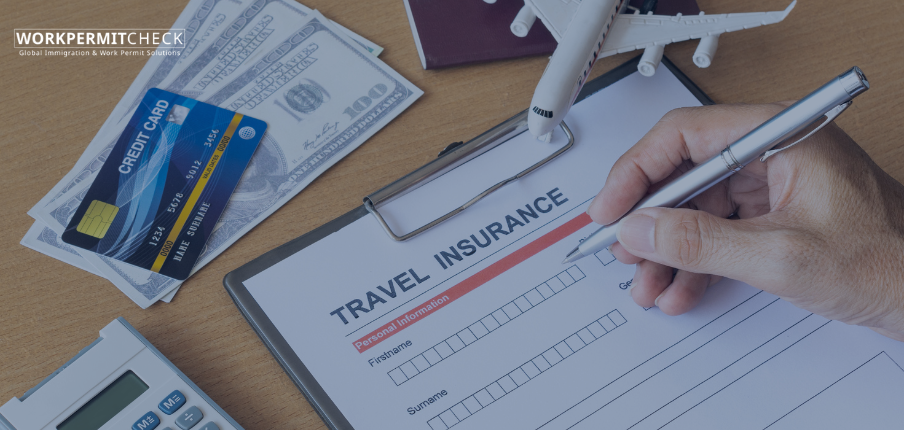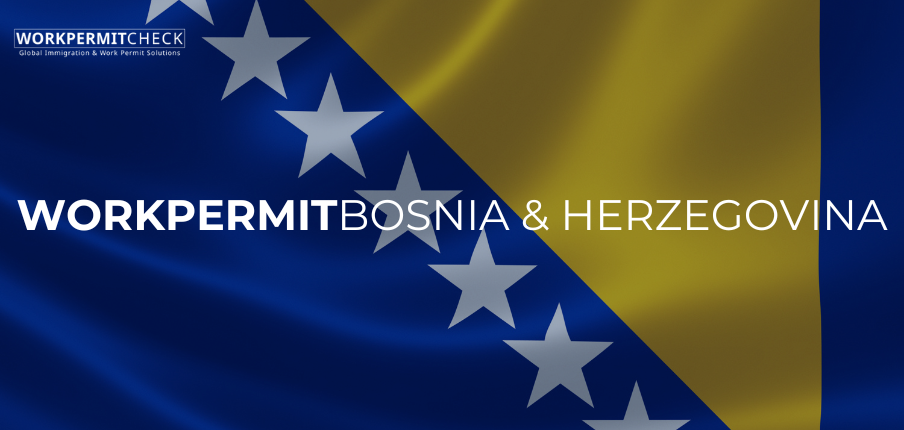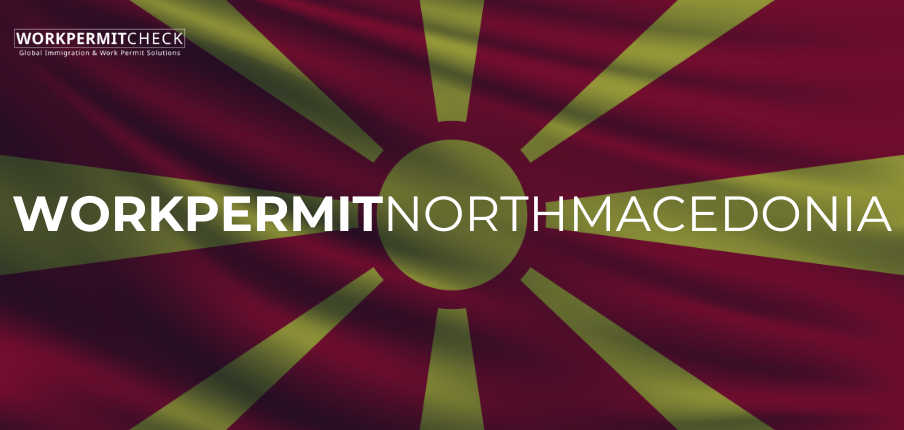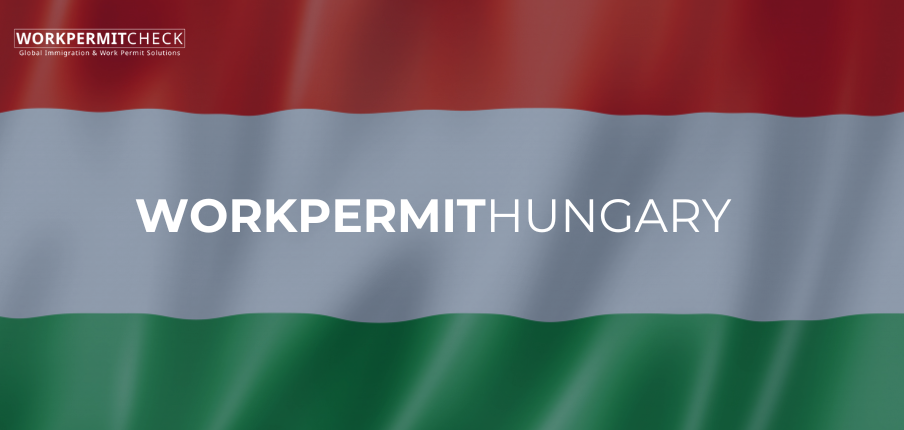Ireland is a popular destination for skilled workers seeking job opportunities in a dynamic and growing economy. If you are not from the European Economic Area (EEA) or Switzerland, you will usually need a work permit to work in Ireland.
One of the main routes for non-EEA nationals is the General Employment Permit (GEP). It is designed for occupations that do not qualify for the Critical Skills Employment Permit but are still in demand in Ireland.
What is the General Employment Permit?
The General Employment Permit is a flexible work permit that allows non-EEA nationals to work in a broad range of occupations. Unlike the Critical Skills Employment Permit, which is limited to high-demand sectors, the GEP can cover almost any job, provided certain conditions are met.
It is usually issued for up to 2 years initially and can be renewed for up to 3 more years. After 5 years of legal residence with valid permits, you may become eligible to apply for long-term residency.
Who is Eligible for a General Employment Permit?
To qualify for a General Employment Permit, you must meet specific criteria:
1. Job Offer:
You must have a genuine job offer from an Irish employer. The offer must be for a full-time position and last for at least 12 months.
2. Minimum Annual Remuneration:
In most cases, the minimum annual salary must be at least €30,000.
Some exceptions allow a lower minimum salary (e.g., for certain roles like meat processing operatives or healthcare assistants) where the minimum can be €27,000, but these are subject to special conditions.
3. Labour Market Needs Test:
The employer must prove that they tried to recruit an EEA or Swiss national first. This is called the Labour Market Needs Test — it involves advertising the job with the Department of Social Protection (Jobs Ireland) and in a national newspaper for a set period.
4. Eligible Occupations:
Your job must not be on the Ineligible List of Occupations. Certain jobs are not eligible for work permits — for example, lower-skilled or seasonal roles.
5. Employer Requirements:
The employer must be registered with the Revenue Commissioners and with the Companies Registration Office. At least 50% of the workforce must be EEA or Swiss nationals, unless it is a start-up company or special permission has been granted.
Additional Notes
-
You or your employer can apply for the General Employment Permit — usually, the employer handles it.
-
You must apply before you travel to Ireland.
-
Family members can join you after a period, but rules vary based on your permit type.
Final Thoughts
The General Employment Permit is a flexible option for skilled workers who wish to work in Ireland but whose occupations do not fall under the Critical Skills list. Meeting the eligibility requirements is crucial, so both you and your employer should ensure that all conditions are met before applying.
Disclaimer: This blog post is for general information purposes only and does not constitute legal advice. Visa policies and employment permit rules can change. Always check the latest information on the official website of Ireland’s Department of Enterprise, Trade and Employment or consult a qualified immigration advisor before making any travel or employment decisions.
























































